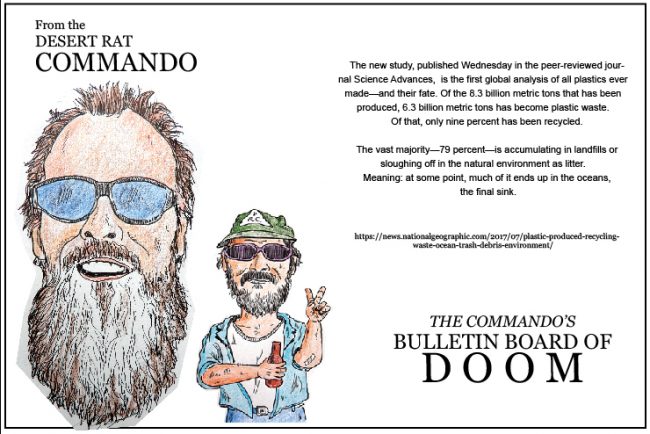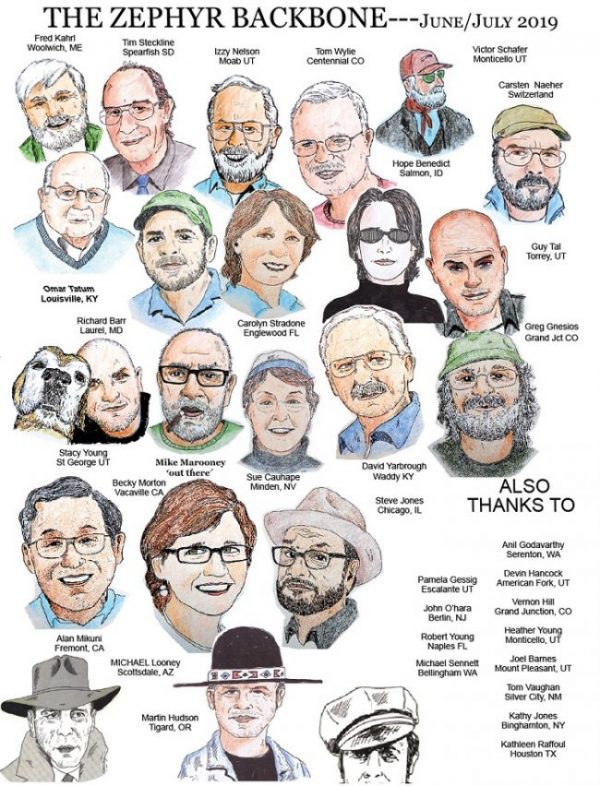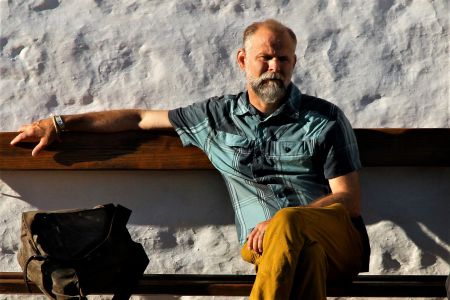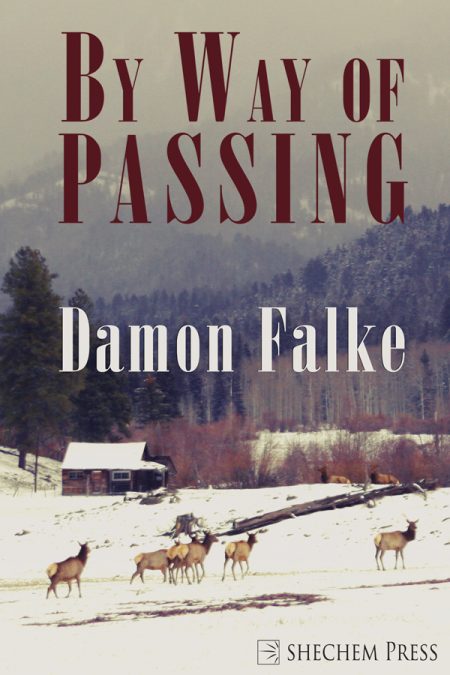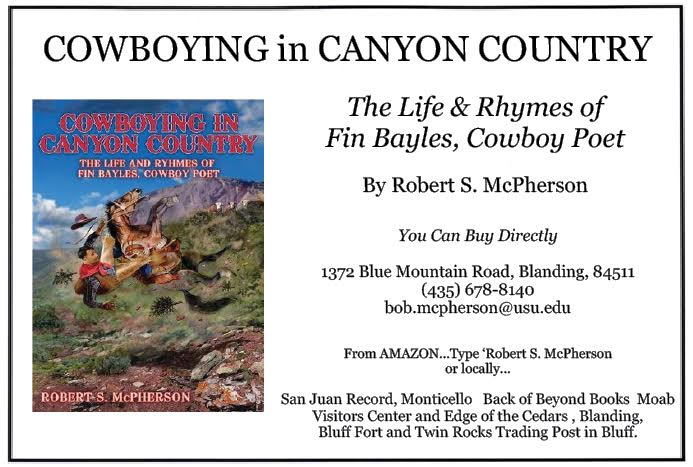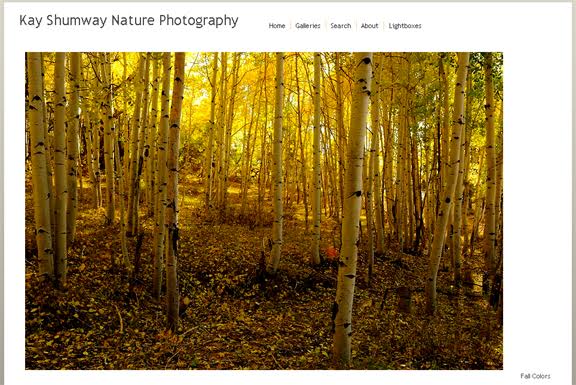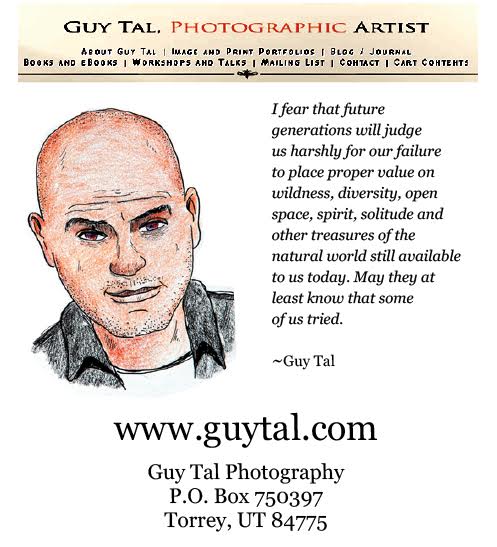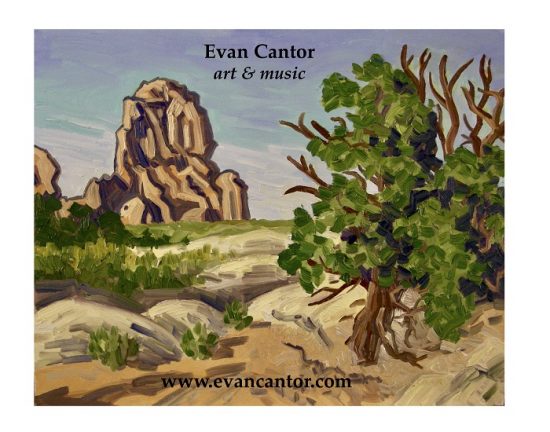Under the sun without summer and in landscapes familiar to me, and still I wonder what the hell am I doing here. A couple of weeks ago, I went for a walk not far from the house I’m renting and climbed a ridge covered in sagebrush and shale. I looked southward and saw a yellowish smudge above the city of Denver. This is it, I thought, back in the West.
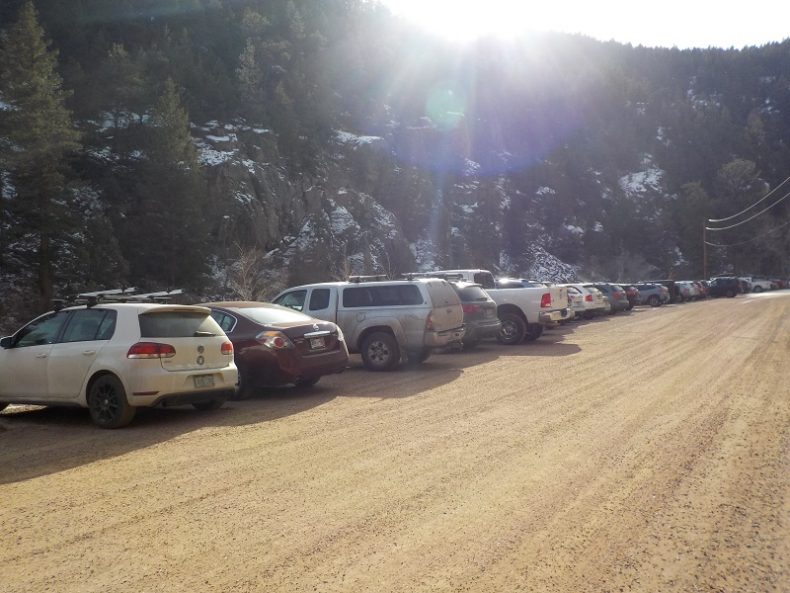
About a week after walking the foothills, I took another walk along a local river. The river is known as a good trout water and sure enough, there were fishermen along the river. There were also dog walkers, hikers, runners, mountain bikers, two photographers, one journal writer, and a few couples. Most folks seemed happy enough. Although, I noticed about two-thirds of the couples had the where-are-we-going-in-our-relationship posture—a little hunched, a little stutter stepped, a little uncertainty about who was following whom.
But, shouldn’t I have been reading the water or thinking about fly fishing? I was on the banks of a known trout river and one I have never fished.
I once asked a friend while we were fishing what he thought about when he fished.
“I think about fishing,” he said. After a pause he asked, “Don’t you?”
“Sometimes, sure. I mean, I am a fisherman.”
“Okay.”
“But do you ever think about life, love and our collective failure and misery?”
“No, not really, not when I’m fishing.”
I tried this approach for a couple of years and realized that thinking about fishing while fishing usually caused me to think about something else. Efforts to think also caused an unexpected turn in my fishing life. I discovered that fly fishing could not be the sun, so to speak, around which all other experiences rotated. For more than 20 years I had made decisions about where to live, what to drive, when to work, and when not to work all in relationship to fly fishing. But something in me had changed, which is a vague and rather cliché claim, though nonetheless true. Something in me had changed.
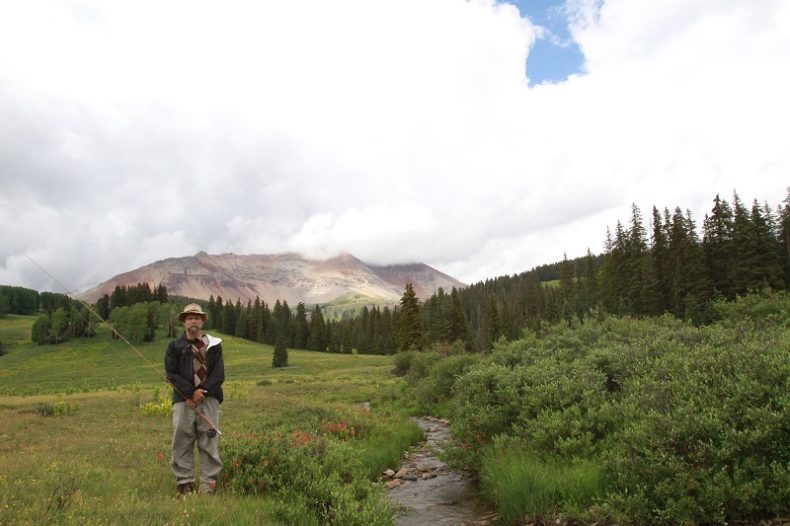
Pursuits like fly fishing can flare on the hot flame of a beginning but fizzle in the cold char of an ending. On a few occasions I’ve been shown the closet where some lawyer, doctor, banker, or formerly young enthusiast has laid his fly rod to rest. This can happen. This can happen with a variety of activities—training programs, reading self-improvement books, seeking religious convictions, gardening, scrapbooking, journaling, and the list could be much, much longer.
Then a few years ago another friend explained to me that people he identified as “the rich” changed their hobbies roughly every five years or so.
“Think about it,” he said. “A bit of climbing, a bit of mountain biking, kayaking, cross-country skiing, cooking, photography, whatever. They change.”
“Why?”
“They can afford to change.”
“Do you think they get bored?”
“I don’t know. But look around and you’ll see what I’m talking about.”
I thought about The Wind in the Willows and Mr. Toad of Toad Hall. Mr. Toad is the wealthiest of the four river friends. As Rat explains to Mole, “Toad is rather rich, you know.” Rat understands, too, that Toad changes his hobbies—boating, caravanning, and driving motorcars. Motorcars seemingly becomes the thrill of Toad’s life. Rat and Mole bear witness to a dramatic shift in Toad’s interest in Chapter Two, “The Open Road,” when their canary-yellow caravan is toppled into a ditch by an exuberant motorcar. Toad is overwhelmed by the car and forgets, instantly, his magnificent caravan:
“’Glorious, stirring sight!’ murmured Toad, never offering to move. ‘The poetry of motion! The real way to travel! The only way to travel! Here to-day—in next week to-morrow! Villages skipped, towns and cities jumped—always somebody else’s horizon! O bliss! O poop-poop! O my! O my!’“
Although Mole tries to bring Toad to his senses, Rat knows very well what has happened and what will happen, as he explains to Mole, “’He is now possessed. He has got a new craze, and it always takes him that way, in its first stage. He’ll continue like that for days now, like an animal walking in a happy dream, quite useless for all practical purposes.’”
Perhaps the idea of the rich being taken by some new craze isn’t such a stretch after all.
all that changed
Around twenty-five years ago, I noticed there were fewer fish in the big river. I noticed, too, the cutthroat trout were disappearing more rapidly than the other species. Their disappearance felt like a portent of bad river days ahead.
Cutthroat trout are native to the Rocky Mountains, and for many fishermen—this one included—a cutthroat is a splendidly beautiful fish, one emblematic of worlds and rivers formed long ago. Much has been written about the fish, and much of what is written carries a note of lamentation. Although the cutthroat can be found in many high country waters and in a few of the great rivers like the Yellowstone and Blackfoot, their populations are threatened. Cutthroat do not compete well with the non-native brook trout and browns that populate western waters. I witnessed some of this competition on a stream I had fished for nearly a decade. The lower section of the stream held strong numbers of cutthroats when I started fishing there. Yet year after year the brook trout replaced the native population. There came a summer when I rarely caught a cutthroat in the lower water. After a while, if I wanted to fish for cutthroat, I had to walk further upstream into the headwaters. There, in the coldest and remotest part of the creek, I found cutthroat.
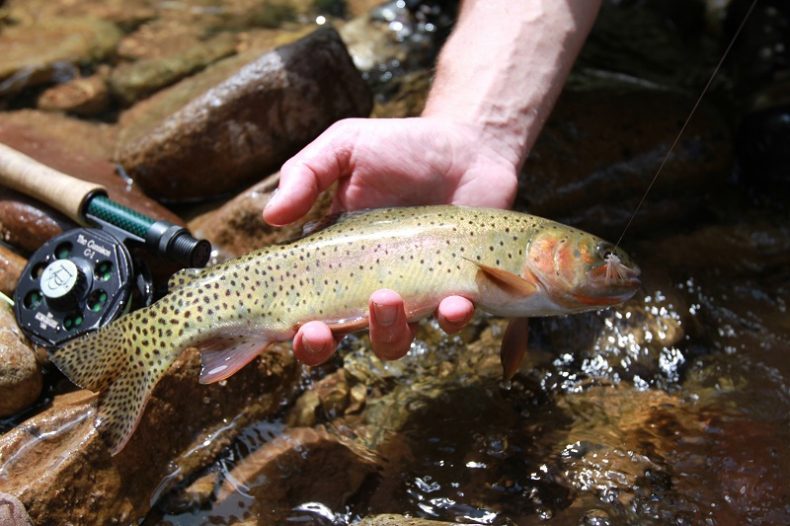
Today the fish population in the big river may be strong and the cutthroat population may be healthy again, though I doubt both. The fish population wasn’t strong eight years ago, and I’ve not heard one word about the river or the fishing being any better. There were years of drought when the dam regulated flow of the river was dropped to a minimum. Enough, a Game Warden told me, to keep some of the fish alive. But the water was too warm. I started measuring the temperature of the river to verify what I believed was happening. Different species of trout survive better or worse in different water temperatures, but going by the temperatures I recorded, it’s a wonder any trout survived. This was not just a season of drought. This was drought over a period of years.
For all that changed, I didn’t stop fishing the big river, but I went to the water less and less. I didn’t have the heart to throw flies at stressed trout. Instead, I returned to the high country streams I had fished as boy, including the creek where Uncle Lloyd and I had first fished together. More than ten years had passed since I had trekked with Lloyd into the mountain creek. I returned with an awareness that our lives are often essentialized by moments of before and after. I wanted to see those willows lining the banks of the stream. I wanted to look over the meadow spreading across the valley and see the mountains on the other side of the valley rising above the dark timber. I wanted to learn if I had kept well those earlier days and kept Lloyd, too, Lloyd wearing his floppy hat, his shirt untucked, and an expression on his face framed perpetually between skepticism and amusement.
There was no trail. I walked up a hill and through a few stands of aspen and across a few meadows before reaching the place where I could look over the valley and the creek below, the willows and the mountains. They had not changed. They all remained in a country I had nearly imagined, touched by the agreeable sunlight of a high country summer. I had carried a rod and a few flies, but I don’t remember fishing that day. I don’t remember casting a line.
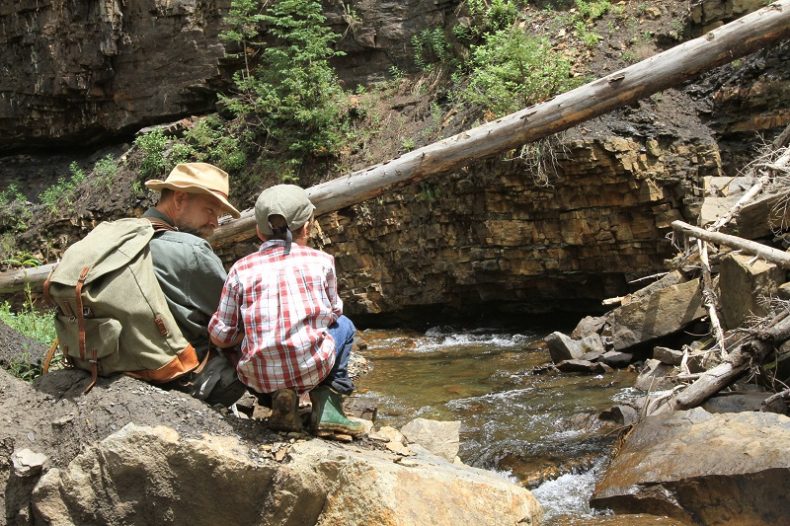
leavings and returns
Every place gives us something. To receive what is given depends partly on what we are willing to receive. I write about rivers and places where I grew up because I continue to receive what has been given, and more has been given than I can take-in. I am reminded of Linda Lowman in Arthur Miller’s play Death of a Salesman when she says, “Attention must be paid.” Few lines in literature have instructed me more than these spoken by a housewife who herself has lived with too little attention. Still Linda realizes that in a world of neglect, of loneliness, of unfulfilled dreams and false dreams, we must give our attention to all that is wounded. We might ask ourselves, as I have asked myself, how is paying attention to what is given and to all that is wounded similar? To untwist such a question would take more space than I have here, but in either case, we may realize the possibility of being touched by what, in some instances, is precisely not us.
The same year I quit guiding, I went fishing somewhere lovely and remote. Now in my memory, and only in my memory, I see the land everywhere rolling away into verdant pallets of hills and water. There were miles of rivers and vast acres of lakes, and I was in the country to fish them. I made a mistake, however, in assuming trout thrived in every water that appeared fishable. Notice that I write it was a mistake—a poor assumption, in other words. There is the adage that there is no such thing as a bad day fishing, but that’s not true. The point of fishing is to catch fish. If there are no fish in the water, then casting for hours into fishless water is a bad day fishing.
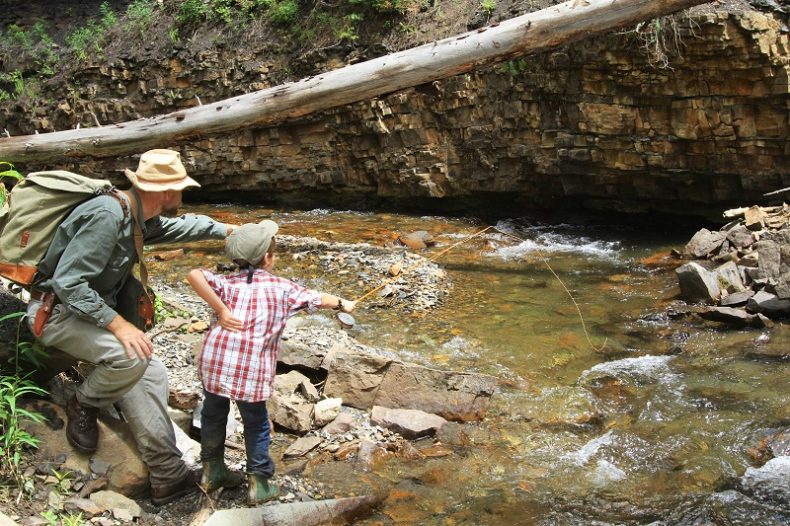
On the second day of a ten day backcountry trip rain started to fall. Six days later, the same rain hadn’t stopped. There was a lot of water. There was water on top of water. In fact, there was more rainfall recorded that season than in 125 years of recording rainfall in the country. The plan had been to supplement my diet with all the fish I was sure to catch—big fly fisherman that I am—but trout don’t like to feed in flood conditions. By day five I was hungry. I had not caught a single fish, and to make conditions more difficult, I had an incident with local wildlife in which they proceeded to eat all my carbohydrates—all the oatmeal, half of the GORP, and all the breakfast bars. This also happened on day two, the same day the rain came.
For those who need a review, here is what’s happening:
A) the start of a ten day trip into remote country
B) day two, rain starts to fall, and local fauna eat half my carbohydrates
C) day three, the world begins to flood
D) day one, two, and three I have been fishing fishless water
E) day five, I am hungry and without trout or oatmeal
Fortunately, day five was also a day I could sleep in an abandoned trapper’s hut and dry some of my gear. While the gear dried in front of a fire, hungry me went fishing again. Not far from the hut was a series of lakes. These may have been ponds in a drier season, but with the rain, they were lakes. Veins of flooded streams crisscrossed the ground, joining the lakes with acres of marshland. The lake I wanted to fish happened to be the one nearest the hut. It was the smallest of the lakes and clear enough that I could see shelves and other areas where fish might have held. After the rain abated somewhat, I put on mostly dry clothes and stepped outside with a fly rod in my hand and a box of flies in my pocket.
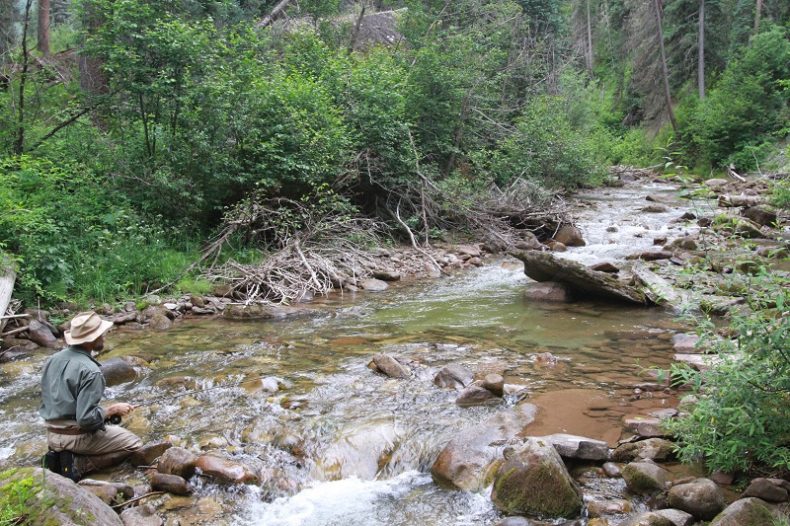
When I saw the fish rise, I experienced a kind of panic. For starters, I was hungry and a fish at that particular moment meant food. For seconds, the sport fisherman in me recognized the fish as a big one. I could tell this by the rise. The rise wasn’t splashy. Rather the fish made an honest-to-goodness ka-chunk! when it hit the water. The problem was I couldn’t reach the water or the fish, which were two separate problems. As any fisherman would expect, the fish rose on the other side of the lake, which would make for a difficult cast. To reach the lake that a week before had been a pond there was a stream about 8 feet wide that needed to be crossed. I stood at the edge of the stream and looked down and guessed the stream to be about three feet deep. The water was absolutely clear, the current was swift but not dangerous. Three feet deep. No problem. My hesitation was weirdly not wanting to get wet. Up to this point, I had slept outside in a tent for three record setting days of rain. Everything I carried was wet. Wearing dry clothes was a relief, and I could not rest at the trapper’s hut for more than a couple of days. But eating is eating, and like Davy Crockett, I went ahead!
Those first few seconds spent entirely underwater were blissful, provoking in me a kind of joy. The water was very, very clear and the bottom was cobbled with tiny stones, as though they had been placed there with careful hands. I had a good look at those stones before pushing myself back to the surface. Afterwards, I bobbed along the current for a few yards before managing to grab a handful of weeds and tossing my fly rod over my shoulder onto the bank. I dragged myself out of the water and sat beside the stream for several minutes, watching the lake, watching the fish rise. Nothing in the world of the fish had changed. But for me, evening was coming on and there would be no more fishing that day. I learned latter that the streams in this country have a way of looking shallower than they actually are, and the waters, in truth, can run deep. Some say it’s a trick of clarity.
Damon Falke is a regular contributor to the Canyon Country Zephyr. He is the author of Now at the
Certain Hour, By Way of Passing, and most recently the short film Laura or Scenes from a Common
World. You can find out more about his work at damonfalke.com, shechempress.org and on
Facebook.
___
___
___
___
___
To comment, scroll to the bottom of the page.
Don’t forget the Zephyr ads! All links are hot!
